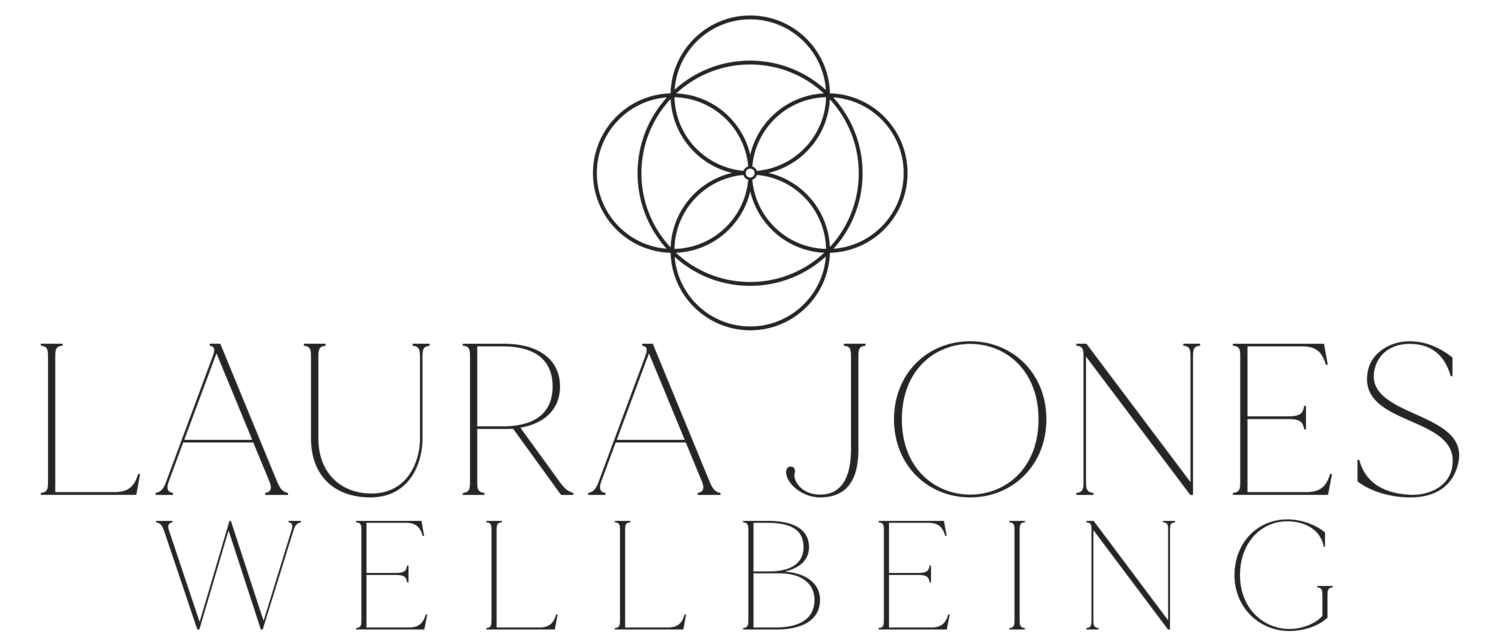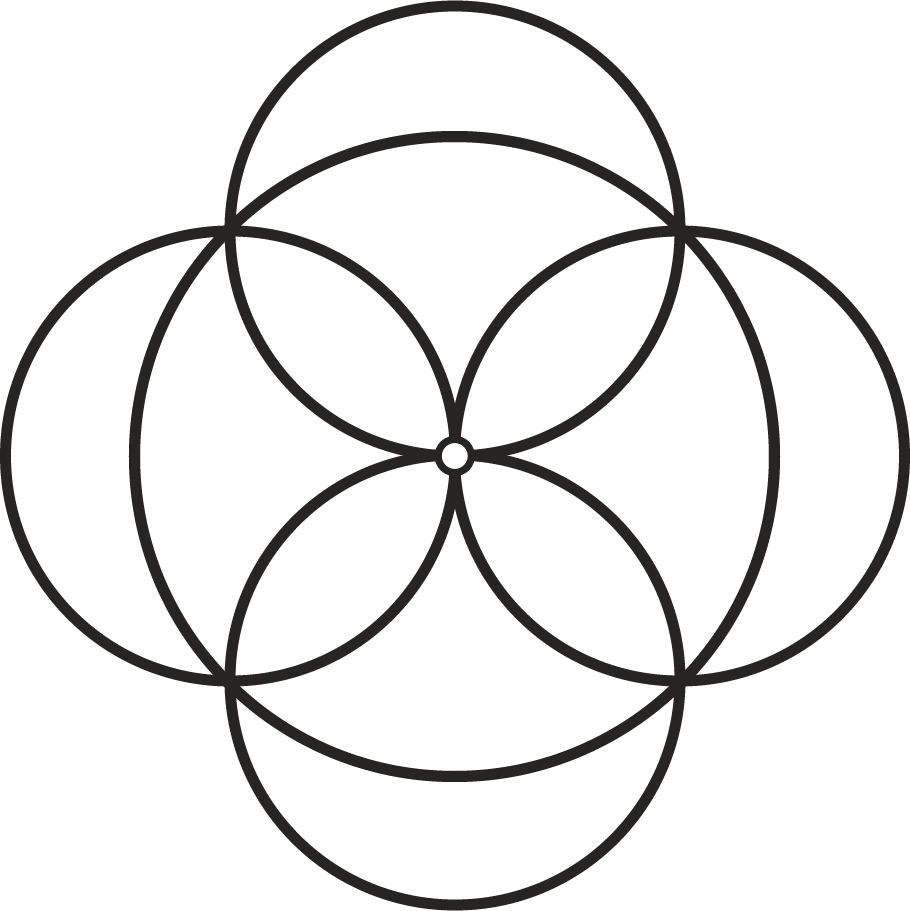
POSTNATAL CARE
POSTNATAL CARE & ACUPUNCTURE
The puerperium or fourth trimester covers the 6-12week period following birth, during which time the various physiological changes that occurred during pregnancy revert to the non-pregnant state (Guzman 2010). Although for most women, the postnatal period is uncomplicated, care during this time needs to address any departures from expected recovery after birth.
Common puerperal problems include: pain in the perineal area, if the perineum has been damaged during the birth; urinary stress incontinence; painful or difficult urination; constipation; haemorrhoids; insufficient lactation, mastitis; breast abscesses; back pain; headache due to epidural/spinal anaesthesia; persistent fatigue; the 'baby blues'; and postnatal depression (affects about 10%).
For pain in the perineum, cold compresses and analgesics may be used (NICE 2006). For urinary stress incontinence, the usual treatment is to teach and encourage pelvic floor exercises. For constipation and haemorrhoids, stool softeners may be needed. Making sure all milk is expressed is the first action with mastitis, and cold compresses may be used. If a bacterial infection is suspected, antibiotics are prescribed, while breast abscesses are treated with incision and drainage. Back pain and headache are managed in the same way as in the general population. Persistent fatigue can be the result of anaemia due to excessive blood loss, and may be treated with iron supplements or sometimes a blood transfusion. Women with the 'baby blues' need reassurance that it will pass quickly and is a 'normal' experience in the first week after giving birth (SIGN 2002). Those with postnatal depression are referred to psychological therapies and possibly given antidepressants (NICE 2007).
In general, acupuncture is believed to stimulate the nervous system and cause the release of neurochemical messenger molecules. The resulting biochemical changes influence the body's homeostatic mechanisms, thus promoting physical and emotional well-being. Stimulation of certain acupuncture points has been shown to affect areas of the brain that are known to reduce sensitivity to pain and stress, as well as promoting relaxation (Hui 2010)
Acupuncture may increase milk production, help relieve pain (e.g. back pain, headache, pain in the perineum), and improve mood and reduce anxiety in women who have recently given birth by:
HormONal Balance
increasing prolactin levels aiding in milk production (Wang 2007);
Stress Management
altering the brain's chemistry (Samuels 2008), increasing endorphins (Han 2004) and neuropeptide Y levels (Lee 2009; Cheng 2009), and reducing serotonin levels which may help improve mood (Zhou 2008);
Nervous System
stimulating nerves located in muscles and other tissues, which leads to release of endorphins and other neurohumoral factors, and changes the processing of pain in the brain and spinal cord (Pomeranz 1987, Zhao 2008);
Reduced Inflammation
by promoting release of vascular and immunomodulatory factors (Kavoussi 2007, Zijlstra 2003).
If you are struggling with symptoms postpartum or would just like to enhance your recovery from child-birth book in today to see how we can help you
(Free 15 minute consultations available)
CANCELLATION POLICY
Please give a minimum of 48 hours notice to change or cancel an appointment or the full appointment fee will be charged. Packages of treatment are valid for 12 months and are non-refundable. Debit/ Credit card details or Payment may be taken at booking to secure your appointment


